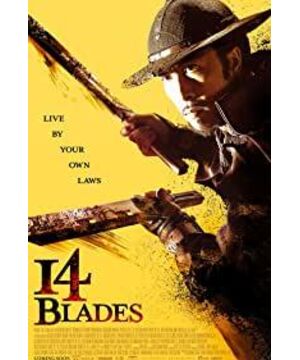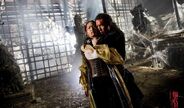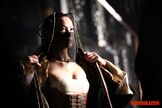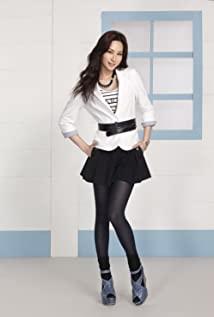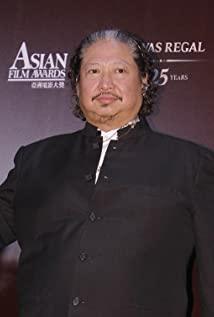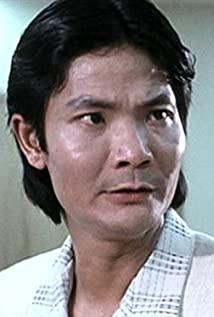In Li Rengang's films, the protagonists are mostly lonely fallen heroes, whose overall life trajectory is gradually declining, and an unfulfilled emotion lingers in them. Just like Zhao Yun in "Seeing the Dragon Remove Armor", and Qinglong in "Jin Yiwei". In the gradual weakening of fate, the destruction of his own body is exchanged for the sublimation of the soul.
From the core of the story, just like the name of the movie "Jin Yiwei", this film focuses on the special group of Jin Yiwei in the Ming Dynasty. As Qinglong said, completing the task is the only dignity of Jinyiwei. And the whole movie story from the start to the end also revolves around the core of the story. Qinglong received the mission, failed the mission, tracked the mission, sacrificed to complete the mission, and the movie ended. In addition to this core, Prince Qing, the emperor, and the eunuch have no substantial connection with the theme. At the beginning of the film, the emperor is portrayed as a debauched king. If Qinglong's behavior in the film is motivated by defending the emperor's power, Qinglong's actions are given a moral disadvantage. This is almost impossible in a classic narrative martial arts movie. Likewise, the eunuchs who fought against the emperor and Prince Qing were also outside the core of the story.
Jinyiwei, a closed small group, is also like a small society inside, there are lonely strong people, such as Qinglong, and despicable traitors, such as Suzaku. Through the whole story, the director expresses a special emotion or mental state, as mentioned in the beginning of the article. Lonely heroes have unfulfilled ambitions in the declining trajectory of life. In the end, the destruction of his own body is exchanged for the sublimation of his own soul. Qinglong in "Jin Yiwei" is like this, and so is Zhao Yun in "Seeing the Dragon Unloading Armor". It is easy for the same director to tell the same motif in his own series of films, and it seems that Li Rengang's motif is: unfulfilled ambitions.
As a sign of the director's strong personal style, Li Rengang is different from ordinary action film directors in the film's action scenes and lens combinations. Instead of using traditional fragmented editing, he uses theme montage. Such montages themselves serve a clear theme, expressing a mood or state. It is more common in MTV in daily life. In MTV, because there is music as the theme or main body, the picture is presented in this kind of montage, supplemented by the music, giving people a smooth and natural feeling. Because its main function is to express the emotion or state of nothingness, the narrative ability of montage itself is very weak. Li Rengang used this kind of montage in action scenes to express a kind of ethereal and elegant. This may be the director's definition of the state of the action scene. The result is that the action scenes are different from the traditional action films, which are punched to the flesh, and the martial arts are simply agile. As the saying goes, it's a bit messy, and you can't see what's going on.
Another point worth pondering is: from "Seeing the Dragon Unloading Armor" to "Jin Yiwei", the first villains of the film are young women. As the most direct opponent of male heroes, they are completely heterogeneous in terms of gender and age. Apparently young (suggesting a physical advantage), martial arts are on par with or even higher than heroes. Such an arrangement of characters further contrasts the emotional atmosphere of the protagonist hero's twilight.
As for the emotional scenes of Qinglong and Qiao Hua in the film and the wild opening remarks of the Tianying Gang, I don't want to discuss too much. Generally speaking, the director has his own views on the arrangement of the plot and characters, but the handling is still open for discussion. Certain elements that appear are out of tune with the overall story style, giving the audience a sense of alienation that is unreal or illogical.
All in all, Li Rengang's action films only belong to Li Rengang, and have a clear director's personal style. These characteristics are reflected from the movement of the mirror to the theme. Whether everyone laughs or scolds, I can guarantee that he will shoot like this in the next step. In fact, this is not necessarily a bad thing, but I just hope that the narrative can be more rounded and the element settings are more reasonable and coordinated.
View more about 14 Blades reviews


